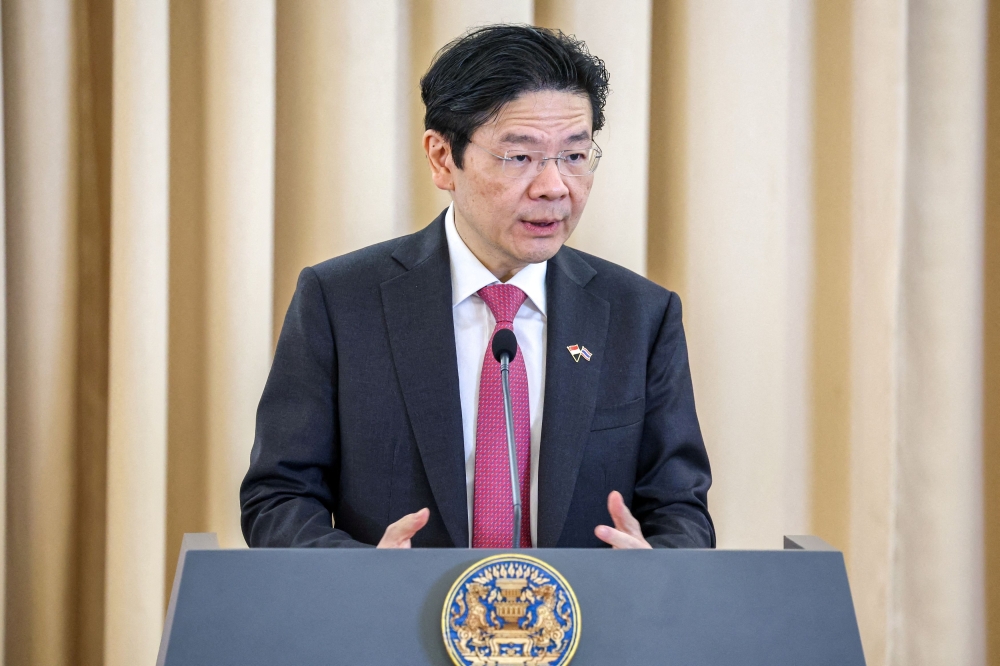Political Sovereignty Under Siege: PM Wong Denounces Foreign Interference in Singapore's Electoral Landscape

In a strong stance against divisive political rhetoric, Prime Minister Lawrence Wong firmly condemned attempts to manipulate Singapore's electoral process through religious messaging. Speaking candidly, Wong emphasized the importance of maintaining the nation's core values of religious harmony and mutual respect.
The Prime Minister was unequivocal in his criticism of foreign actors who seek to interfere with Singapore's democratic principles by encouraging voters to make electoral choices based on religious affiliations. Such interventions, he stressed, are fundamentally at odds with the country's multicultural ethos and could potentially undermine the social fabric that Singapore has carefully cultivated.
Wong's remarks underscore the government's commitment to preserving the secular nature of Singapore's political landscape, where candidates are evaluated on their merits, policy proposals, and vision for the nation, rather than their religious backgrounds. By rejecting external attempts to inject religious divisions into the electoral process, Singapore continues to demonstrate its resilience and dedication to inclusive, principled governance.
